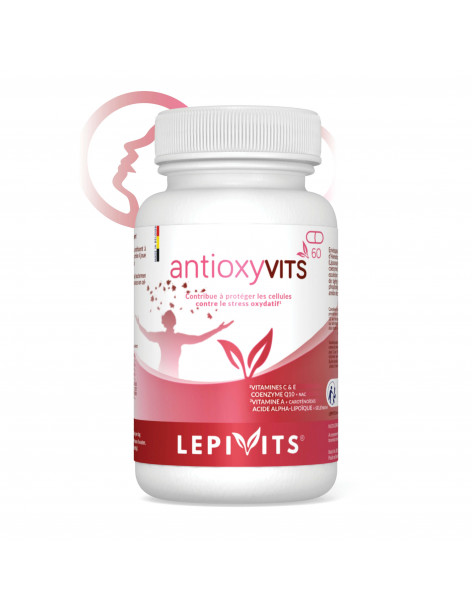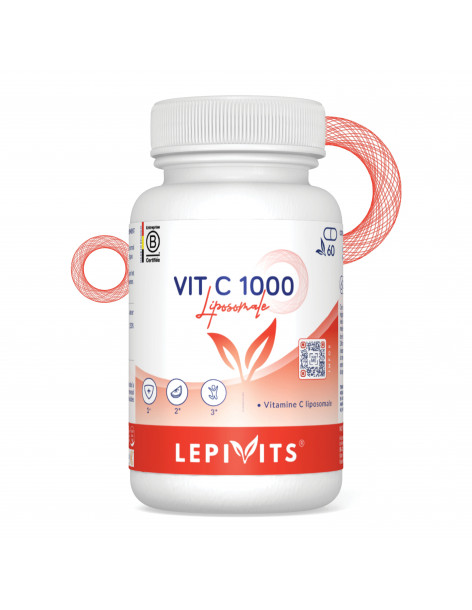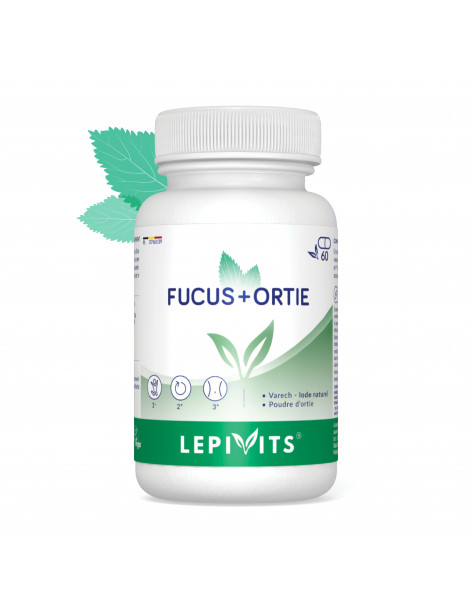Natural nutritional supplements
What is a nutrient ?
By mentioning nutrients it is important to specify what this word covers to understand the functions of natural nutritional supplements.
Nutrients are made of the set of organic components and minerals that are important to the construction and the functioning of the body. The process of nutrients absorption is nutrition.
There are two types of nutrients:
- Energetic nutrients “macronutrients” ;
- Non energetic nutrients “ micronutrients” , and they are present in small quantities in our diets. They are vital to our body’s performance, but it can’t create it.
Nutrients are made of the set of organic components and minerals that are important to the construction and the functioning of the body. The process of nutrients absorption is nutrition.
Energy providing nutrients
These are the building blocks of the body:
- proteins that help build body cells;
- lipids, which provide cells with energy, but also essential fatty acids (such as omega 3 and omega6) and fat-soluble vitamins;
- simple or complex carbohydrates which are the main source of energy for the body;
Non-energy nutrients
They are the regulators of metabolism such as :
- fat-soluble vitamins (A, D, E, K);
- water-soluble vitamins such as vitamins C, B1, B2, B3, B6, B9, B12;
- mineral salts also called macroelements, necessary in large quantities for the proper functioning of the body. These are calcium, phosphorus, potassium, sodium, magnesium which are normally supplied to the body in sufficient quantities with a balanced diet;
- trace elements necessary for the body in smaller quantities. These are iron, zinc, selenium, chromium, etc.
- the essential amino acids that make up our proteins (nutrients);
- the essential fatty acids that make up our lipids (nutrients);
- polyphenols with antioxidant properties;
- probiotics and prebiotics, bacteria essential for the balance of our microbiota.
Why we need nutritional supplements ?
Ideally a balanced diet meets the needs of the body, but the agrifood industry now offers nutrients that have lost their original nutritional quality:
- refined products depleted in vitamins and minerals such as white bread, white rice, sugar;
- fruits and vegetables produced in intensive agriculture with the help of pesticides picked when barely ripe and poor in vitamins and trace elements;
- dishes prepared with preservatives, colorings, preservatives;
- fish rich in… heavy metals;
- the media and advertising push us to consume many foods that can increase deficiencies in certain micronutrients. Example: Excessive coffee consumption increases the elimination of calcium and magnesium and blocks the absorption of B vitamins.
This modern diet no longer provides us with essential resources and other environmental factors worsen our micronutrient status:
- the stress ;
- Pollution ;
- overconsumption of drugs such as aspirin, which hinders the absorption of vitamin C and increases its urinary excretion;
The food supplements used in nutritherapy aim to restore the physiological balance of the body by analyzing and correcting these deficiencies. The properties of the different optimized supplement formulas that we have developed are detailed in each description of our E-Shop. Our entire range of food supplements is free from nanoparticles.
How to include nutritional supplements in our diet ?
Prioritize daily intake of basic food supplements (magnesium, vitamin D, etc.) while being careful about interactions.
If your healthcare professional has recommended a specific food supplement (turmeric, co-enzyme Q10, etc.), it is usually to meet a given situation and for a specific need.
However, to fully take advantage from the effects of this supplementation, it is important to keep an eye on the food associations which will be sometimes favorable, sometimes inhibitory.
For example, some so-called fat-soluble vitamins are better absorbed by the body when they are accompanied by fat.
You will therefore better enjoy the benefits of vitamins A, D or E by ingesting them during or at the end of a meal containing fat.
Another example with dietary supplements containing minerals or trace elements:
It is best to consume them away from foods rich in fiber such as wholemeal bread which can inhibit the absorption of zinc. While vitamin C promotes iron absorption, drinking green tea will block its absorption.
To avoid interactions, it is also not recommended to take different nutritional supplements or drugs at the same time without the advice of a specialist.
In certain cases a cure
Certain food supplements or specific complexes can be taken as a cure for:
- strengthen the immune system at the change of season;
- limit hair loss in autumn;
- increase your protection against UVB rays with an antioxidant treatment, etc.
Year-round for some micronutrients per needs
For vitamin D
In winter, nearly 80% of the population does not reach the adequate threshold for vitamin D.
For magnesium
According to the SUVIMAX study, nearly 1 in 5 men and almost 1 in 4 women have magnesium intakes less than ⅔ of the recommended nutritional intake.
These deficiencies are all the more difficult to correct as the magnesium contained in food can only be assimilated by the body up to 30 to 50%.







